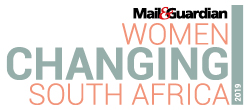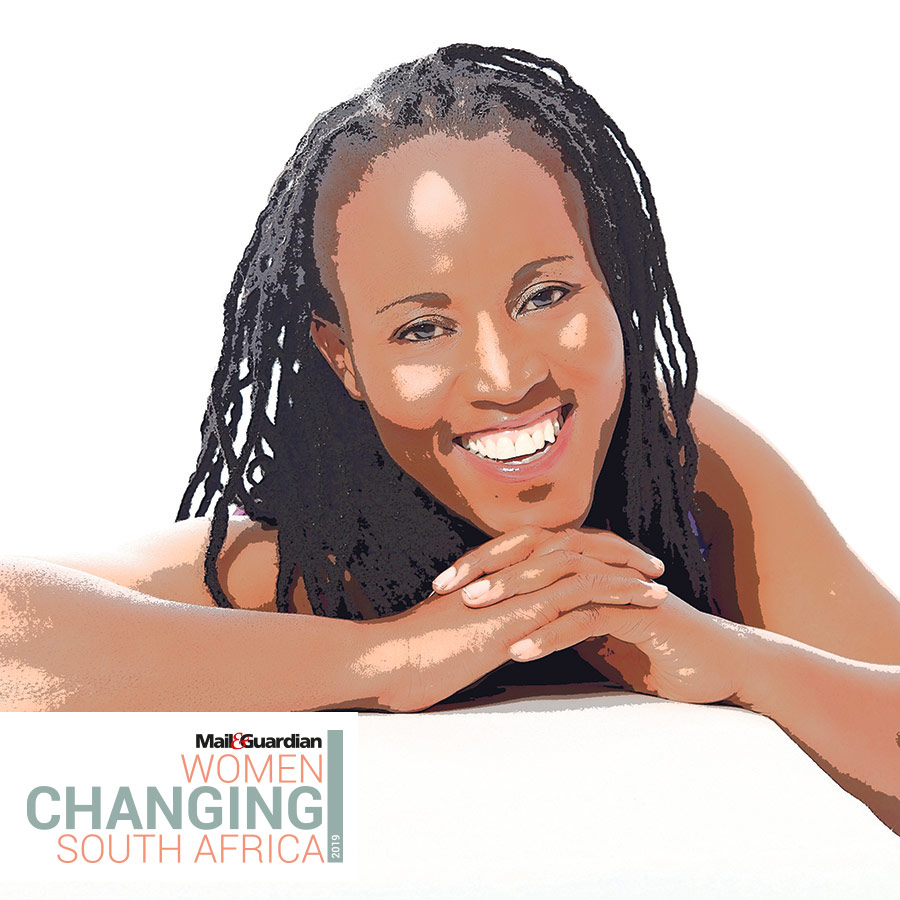| Acting Head — Thabo Mbeki African Leadership Institute, Unisa |
I realised that unless I embark on a deliberate effort to intervene in the little space I occupy, it will take many years to wipe out the legacy of our past as it manifests in every aspect of our lives — psychologically, politically, socially, economically, culturally, spiritually.
Dr Edith Phaswana is acting head at the Thabo Mbeki African Leadership Institute, Unisa and current president of the South African Development Studies Association. In her role at the Thabo Mbeki Leadership Institute, she has changed the face of the establishment by increasing its accessibility to disadvantaged youth, whose interaction with its facilities is vital for South Africa’s society and economy, and in line with her lifelong mission of understanding and addressing structural inequalities.
At 21, Phaswana was posted to the remote area of Manoke in Burgersfort, at the border of Limpopo and Mpumalanga. At the time “a young fresh black female graduate during the time of our transition to democracy,” she quickly realised the value of her own work. “I was confronted with the harsh socioeconomic realities of this country that surpassed my own, and I ‘woke up’ from the slumber of the new South Africa,” she explains.
She worked in the area for a decade, attempting to overcome challenges and contribute her skills and knowledge to the upliftment of others, all while trying to make sense of the struggles that young people endure daily in South Africa. “I realised that unless I embark on a deliberate effort to intervene in the little space I occupy, it will take many years to wipe out the legacy of our past as it manifests in every aspect of our lives — psychologically, politically, socially, economically, culturally, spiritually.”
Phaswana holds a PhD from London South Bank University, serves as a reviewer for academic journals locally and internationally, published the book Black Academic Voices: The South African experience, and has been the recipient of numerous accolades. Her proudest moment came when her University of Johannesburg students nominated her for a Distinguished Award for Teaching Excellence. “It came as a surprise to me because I was simply doing my job. It was really the recognition from my students that was fulfilling and left me a proud teacher.”
A role model for many who hope to create meaningful change through their careers, Phaswana remains keenly aware of the challenges that face women in spaces that have traditionally excluded them. “The modern world we live in has been constructed without us, as women,” she explains. “One of the biggest issues that always bothered me as a young professional woman had been the lack of support structures in place for women in the workplace, and this is a global phenomenon. When young women find themselves occupying those lonely seats at the table, they must ensure that the ‘terms of conversation’ change. Their presence, even if they are outnumbered, must make it difficult for certain things to be said or done.”
— Cayleigh Bright


